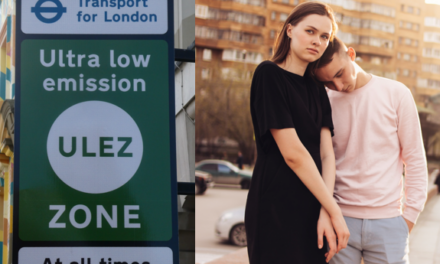The BBC, one of the UK’s most trusted and respected media outlets, has found itself at the center of a social media firestorm following a shocking revelation by billionaire entrepreneur Elon Musk. Musk, known for his outspoken criticism of political bias in the media, exposed what he claimed was pro-EU bias in the BBC’s reporting. As a result, Twitter users have labeled the organization as “Brussels-funded media.”
Musk, who has a large following on social media, took to Twitter to call out the BBC’s coverage of Brexit and EU-related issues. He accused the media outlet of pushing a pro-EU agenda, and claimed that the organization was receiving funding from the EU, effectively making it a mouthpiece for the organization.
The accusations have sparked a fierce debate, with some defending the BBC’s journalistic integrity and others calling for greater transparency and accountability when it comes to media funding.
In response to the labeling of the BBC as “Brussels-funded media,” the organization has vehemently denied any such association. However, the controversy has already caused damage to the BBC’s reputation, with many questioning the impartiality and objectivity of its reporting.
The situation highlights the growing tension between media outlets and the public, as trust in traditional sources of news continues to erode in the face of accusations of political bias and a lack of transparency. As the debate rages on, it remains to be seen how the BBC will respond to the accusations and whether it can regain the trust of the public.
















